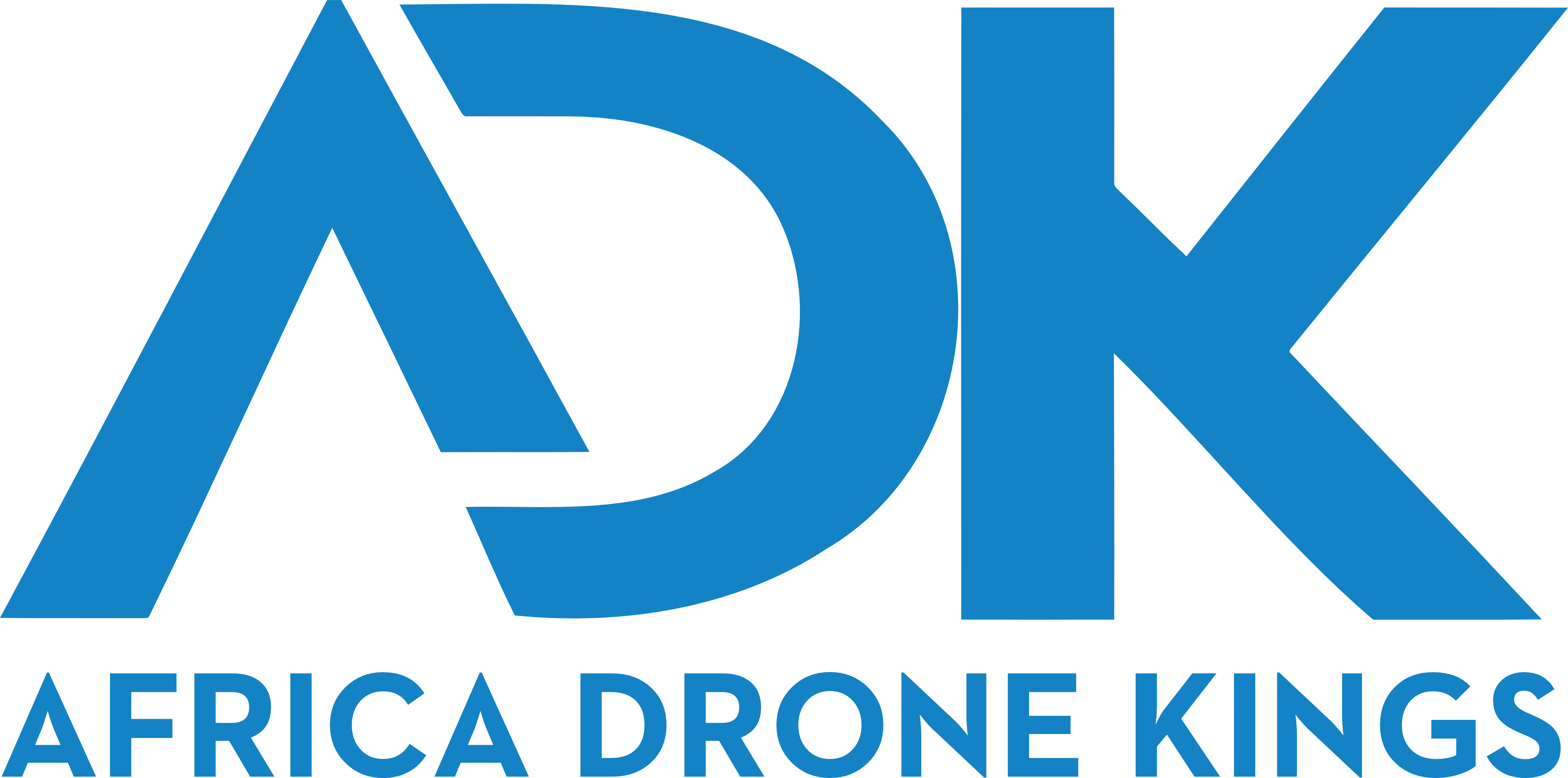
The rage of the Cape Town wildfire, which broke out on the morning of 18 April 2021, has left a devastating impact on the University of Cape Town and its surrounding areas. The fire has destroyed the world-renowned library of the university, which holds decades of rare and invaluable collections, amongst many other facilities. The collateral damage of facilities does not only come with infrastructural damage, yet also costs the university, its students, alumni and researchers alike an insurmountable bulk of rich history and knowledge, work that many have had to make sacrifices to produce and others looked to as what would be the foundation of their academic careers.

While the element of fire has always been a catastrophic and equally devastating part of human lives throughout evolution, it poses more of a risk to the progress that human kind has made thus far. In cases such as that of UCT it is evident that fires are capable of destroying the very things that are meant to take us a step further as humanity. Although fire has posed a great threat to the environment, animals and human lives since the advent of time, it threatens to destroy decades of work that humanity has built upon thus far.
The incident that has occurred at the University of Cape Town, like many others, has been an alarming reminder of the importance of having numerous effective solutions to crisis management. What other ways can we turn to when the human eye and manpower alone are not extensive enough? This is a significant and game changing question.

Mr Steenkamp further shed a light on how drones can be used in the aftermath of a fire, where fire investigators use them to assess the behaviour of the fire, where it began and stopped and the exact areas which were affected by it. Furthermore, fire investigators use drones to study the dilapidated buildings for weak spots and the extent of the damage while it is too dangerous for professionals, who would otherwise have to carry out more physical investigations, to enter the building. Drones with thermo cameras can go as far as identifying hot areas where the fire might still be active.

The shift towards advanced technologies is pivotal to the preservation of lives and the management of crisis. Drone technology experts, such as Africa Drone kings, are our direct link to the fourth industrial revolution where this continent is often viewed as the last to catch on to technological innovations. In so saying, companies such as Africa Drone Kings, with a core mission to make an impact in the community through technology, and Ignis fire will lead us to the future. Both by way of innovatively preserving monumental institutions, which hold much history and acclaimed accolades for the country as a whole, as well as by saving the lives of those who hold the future of this country’s academia, as seen with the UCT fire.
